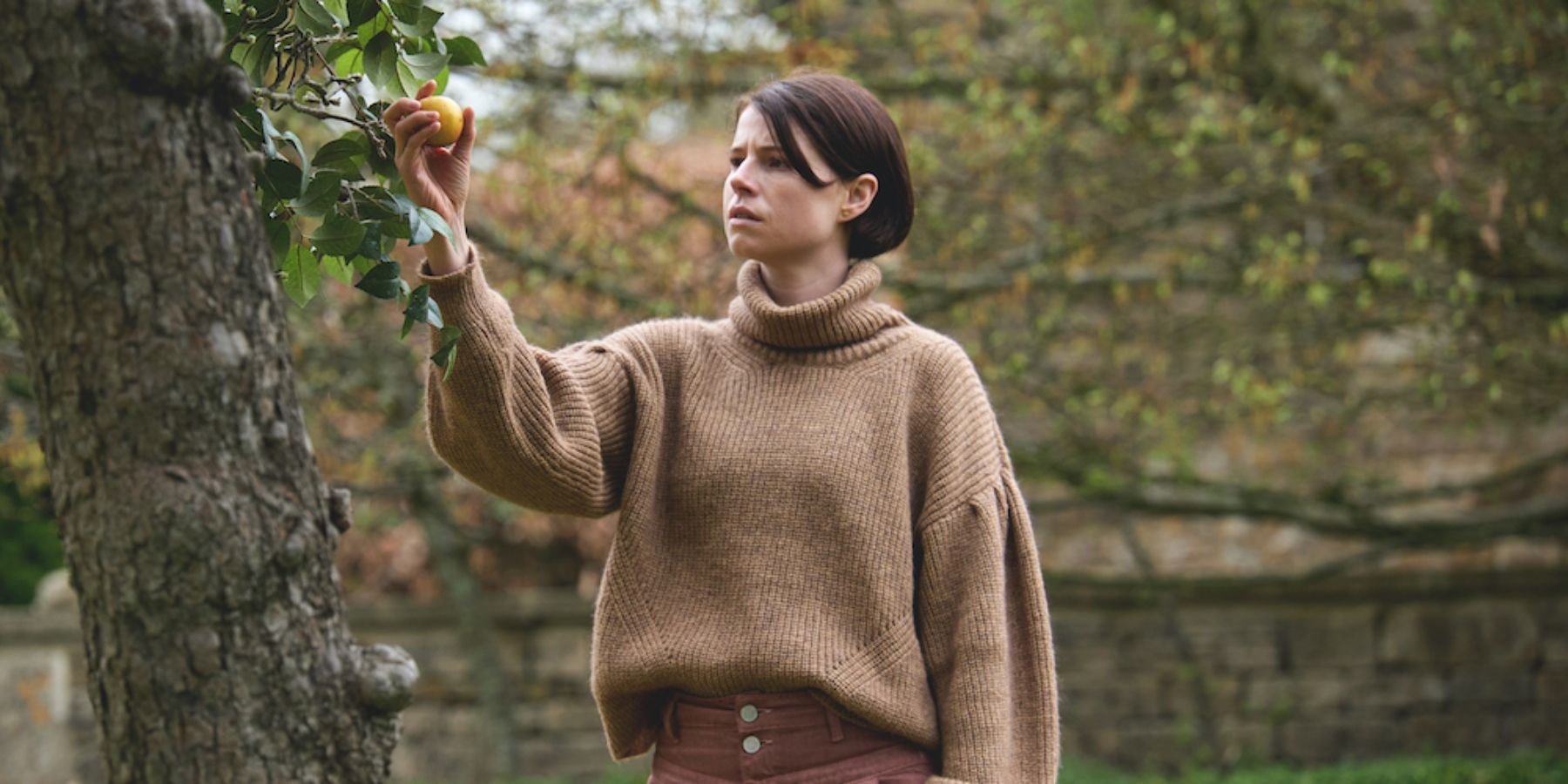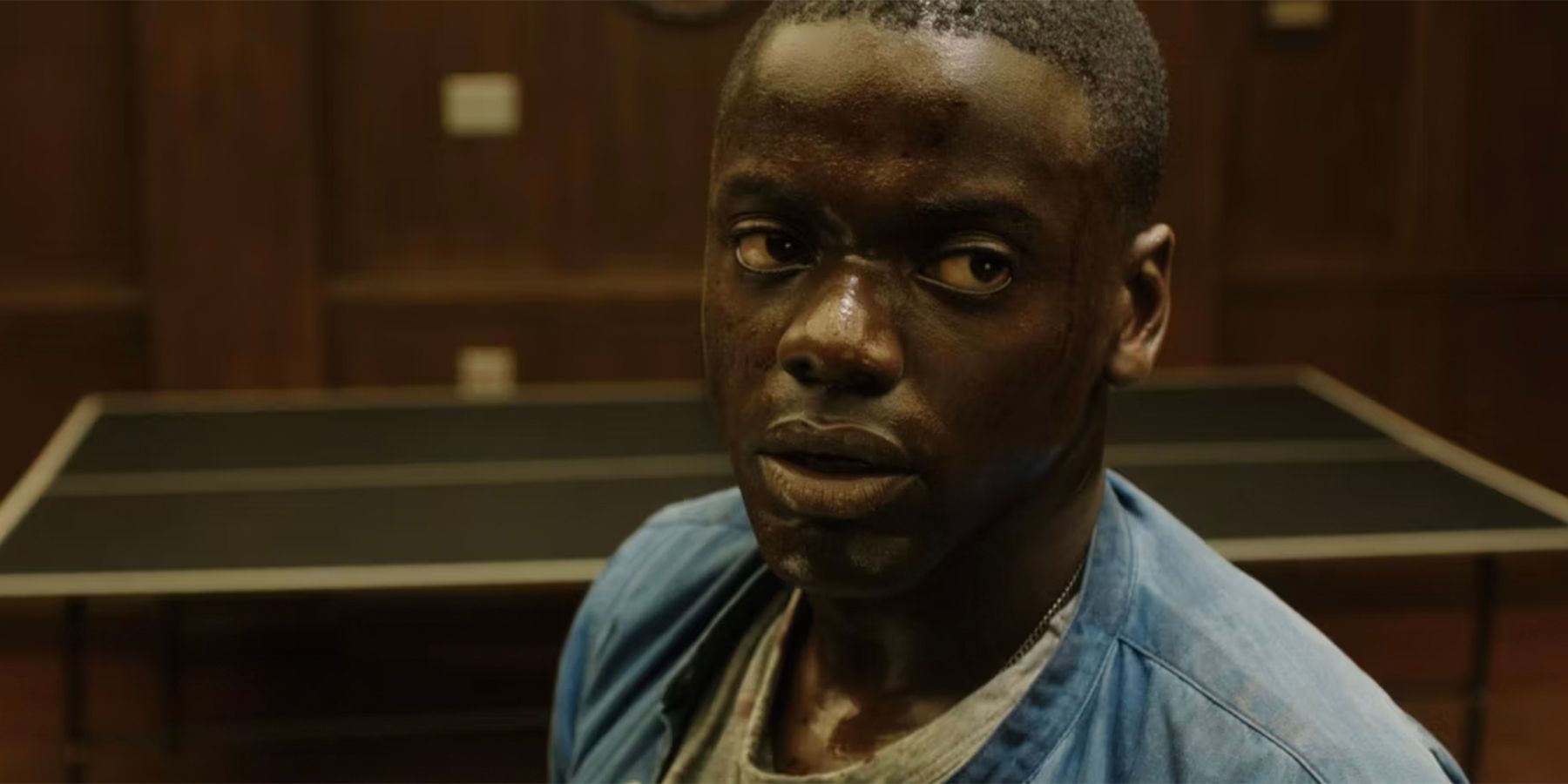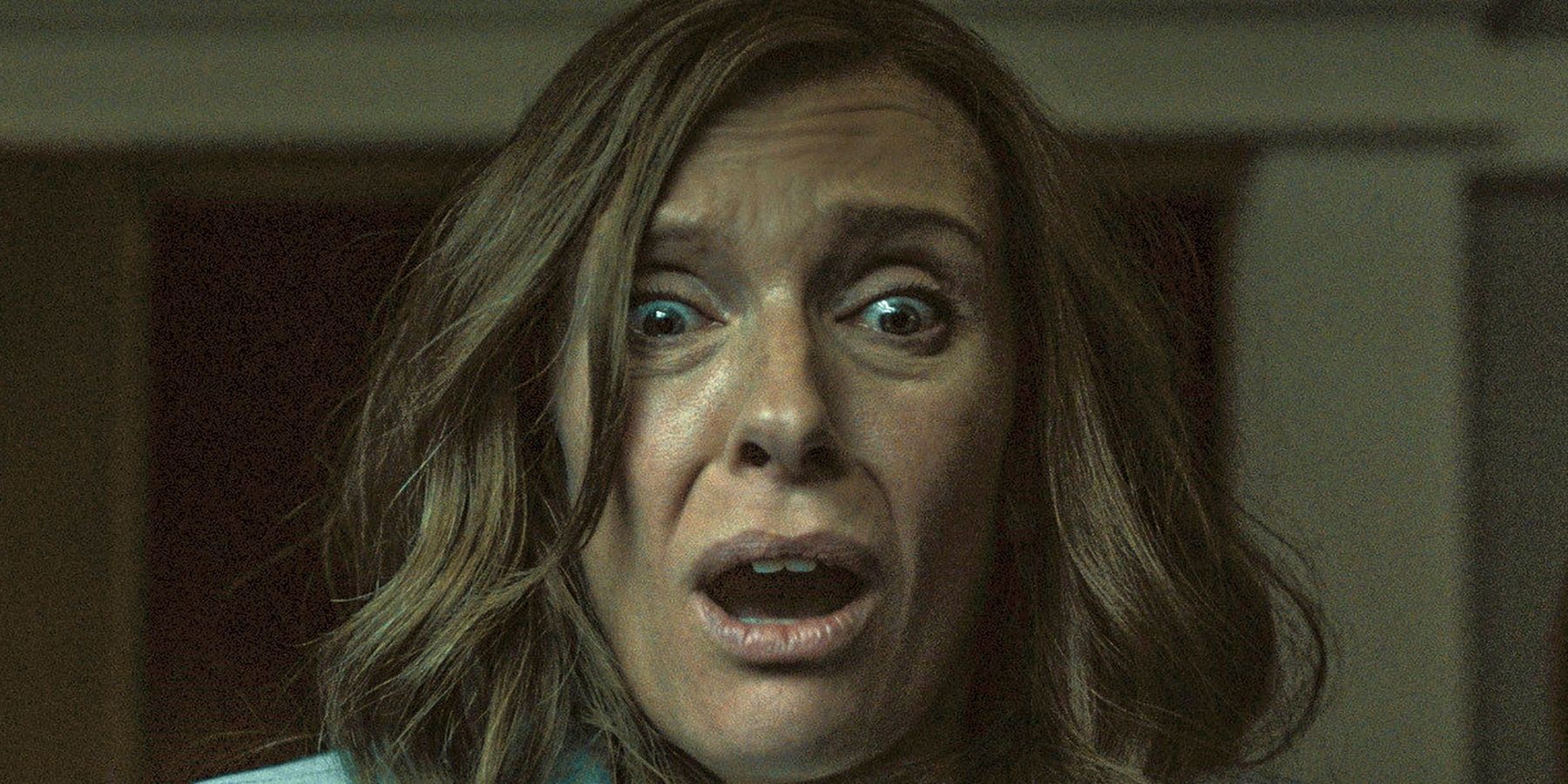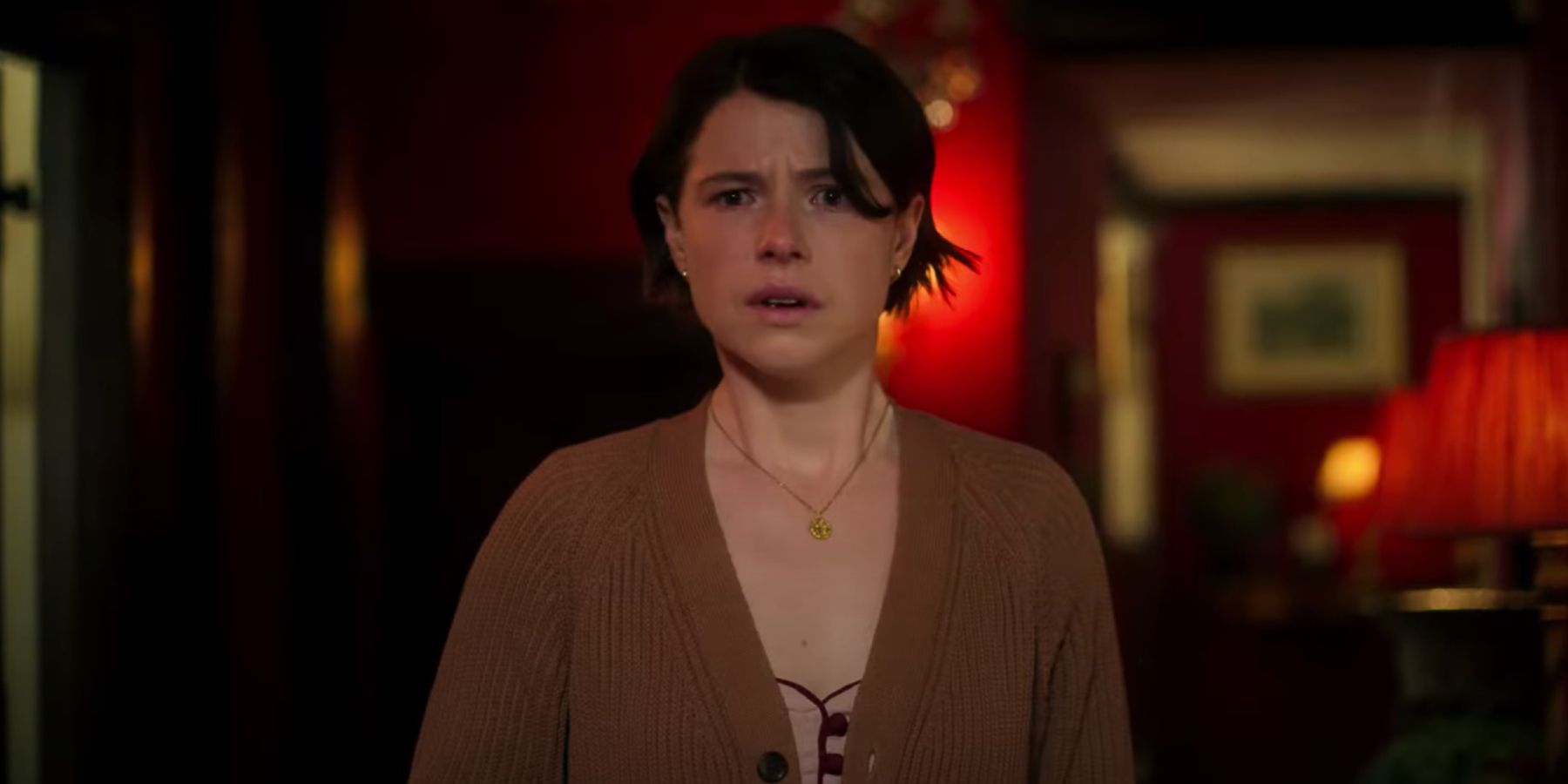From The Babadook to The Witch, the past few years have included several popular horror releases that are more serious than typical movies. Instead of focusing on a killer targeting college kids or the same story about a creepy small town, these films tell different stories that have some weight and meaning behind them, and they are the kind of films that are fun to discuss and debate.
Although some filmmakers aren't fans of the label and some fans prefer to just watch whatever they like without thinking too much about it, the elevated horror subgenre is definitely getting more attention. There are several elements that define this subgenre and these things are present in every movie that fits into this category.
The Horror Story Includes Serious Themes
Not everyone is a fan of this subgenre. Jordan Peele spoke about elevated horror in an interview with The Verge and said, "I don’t want people to think that I’m trying to make ‘elevated’ films. I think that’s a trap that I don’t quite appreciate..." But the label is definitely a positive one, and it is often used when reflecting on a horror film that features serious topics and has a smart message by the end credits.
Jordan Peele's beloved Get Out is a perfect example of this type of movie. Instead of telling a slasher or supernatural tale where characters are hiding in a cabin in the woods or trying to beat a killer who has appeared at their house, Peele's film features a main character realizing that his girlfriend's parents are racist. More than that, their bigotry puts his very life at risk and sends him to The Sunken Place, which Peele has noted in interviews is a metaphor for slavery.
There's a debate about the slasher genre needing to be elevated, and it's a good discussion to have since there are two schools of thought here. On the one hand, a smart slasher is fascinating to watch. On the other, a fun story is always going to be welcome. No matter how someone feels about this subgenre, an elevated horror film is always going to discuss themes like racism, motherhood, loneliness, and more.
The Filmmaking Style Feels Creative And Compelling
Another element that sets the elevated horror subgenre apart is the filmmaking style, which is always creative and often fascinating. One good example is Ari Aster's 2018 horror movie Hereditary about the darkness of the Graham family. Toni Collette is fantastic as Annie, the wife and mother whose life falls apart and who realizes that she is part of a sinister family history that she cannot undo. But the movie also stands out thanks to Aster's dark style and the heavy and unsettling feeling that is present in every single scene. If this was a non-elevated film, it would likely feature cheap jump scares and other elements designed to scare instead of make people think.
While some don't want to put labels on the movies that they make, which is completely fair, discussions about the elevated horror genre are often positive and praise filmmakers for the smart stories that they are telling and the creative choices that they are making. It's a conversation about craft as much as anything else, which is important given horror's long history of criticism, with some feeling that the genre never measures up to others. Some horror movies, like remakes, are poorly made, but others are as well-made as any serious drama and have stunning performances, well-written scripts, and significant themes.
The Ending Is Often Ambiguous And Thought-Provoking
While some horror movies have hopeful endings, that will never be the case for the elevated horror subgenre. Films like Men, The Witch, Us, It Follows, and The Babadook have conclusions that are vaguer and more ambiguous than perfectly wrapped up. While the storytelling is always strong in this type of movie, it's rare for an ending to be tied up in a neat bow as that isn't part of the subgenre.
Alex Garland's horror movie Men is definitely polarizing, with some praising the filmmaking tone and the smart themes and others feeling that it goes in a strange direction. Either way, it has a carefully thought-out third act and while the main character Harper Marlowe (Jessie Buckley) seems to be in the clear by the end credits, she has gone on a confusing journey that she will have to unpack for a long time.
What sets elevated horror movies apart from other kids is their artistic sensibility and often somber themes. Whether someone appreciates these types of stories or prefers more traditional slashers, it's hard not to leave an elevated horror film and not think about a few of the themes present.




